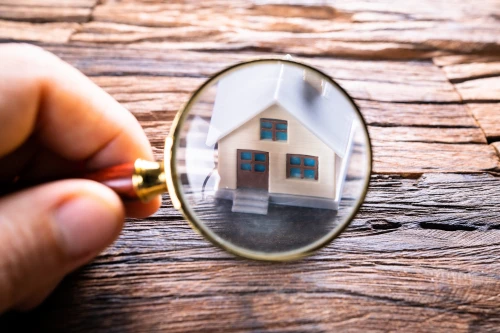
Who’s Responsible for Inspections – HOA or Owner?
In California, many condo owners wonder: when it comes to SB326 inspections, is the HOA responsible, or is it the individual unit owner? Understanding who holds the responsibility can help prevent costly miscommunications, legal conflicts, and ensure smooth compliance.
Who Does SB326 Apply To?
SB326 applies to multi-family residential buildings with three or more units, requiring regular inspections of Exterior Elevated Elements (EEEs) such as balconies, decks, stairs, and elevated walkways. These inspections aim to ensure the safety of structural elements that carry live loads. But when it comes to enforcing and managing compliance, who takes the lead?
The HOA’s Role
In nearly all cases, the HOA (Homeowners Association) is responsible for arranging inspections and managing the maintenance of shared or common-area elements, including balconies and decks attached to individual units. The HOA is legally required to:
- Schedule SB326-compliant inspections
- Hire qualified licensed inspectors
- Maintain detailed records of inspection results
- Coordinate and oversee necessary repairs
- Notify owners of upcoming inspection dates and potential disruptions
For owners, this means the HOA typically absorbs inspection costs as part of the association’s operating expenses or reserve fund.
Are There Exceptions?
Yes. Some HOAs have unique governing documents, CC&Rs (Covenants, Conditions, and Restrictions), or bylaws that shift specific responsibilities to owners—particularly for exclusive-use common areas, like private balconies attached to a unit. In these cases, the owner may be responsible for:
- Allowing access for inspectors
- Covering costs related to repairs on their exclusive-use balcony or deck
- Maintaining certain structural or non-structural components as defined by the CC&Rs
It’s essential for both owners and HOA boards to review the community’s governing documents carefully to avoid misunderstandings.
Why Owners Should Still Stay Informed
Even if the HOA leads the process, owners should stay actively informed. Here’s why:
- Financial assessments: If inspection or repair costs exceed HOA reserves, owners may face special assessments.
- Liability concerns: Ignoring notices or failing to allow access can expose owners to liability if damage or injury occurs.
- Future sales: Buyers often request inspection reports and maintenance histories; uninformed owners may face delays or reduced property value.
Pro Tips for Owners
- Ask your HOA board when the last SB326 inspection took place.
- Request a copy of the inspection report for your records.
- Confirm if any exclusive-use areas require owner maintenance.
- Stay updated on the HOA’s repair or remediation timeline.
Next Steps
Staying proactive helps you avoid surprise expenses, delays, or legal headaches. Open communication between HOA boards and owners is the best path to smooth compliance and safer living spaces.
Not sure what your HOA is responsible for—or what falls on you as an owner? Contact DrBalcony for a free consultation and let our experts guide you through the process with clarity and confidence.

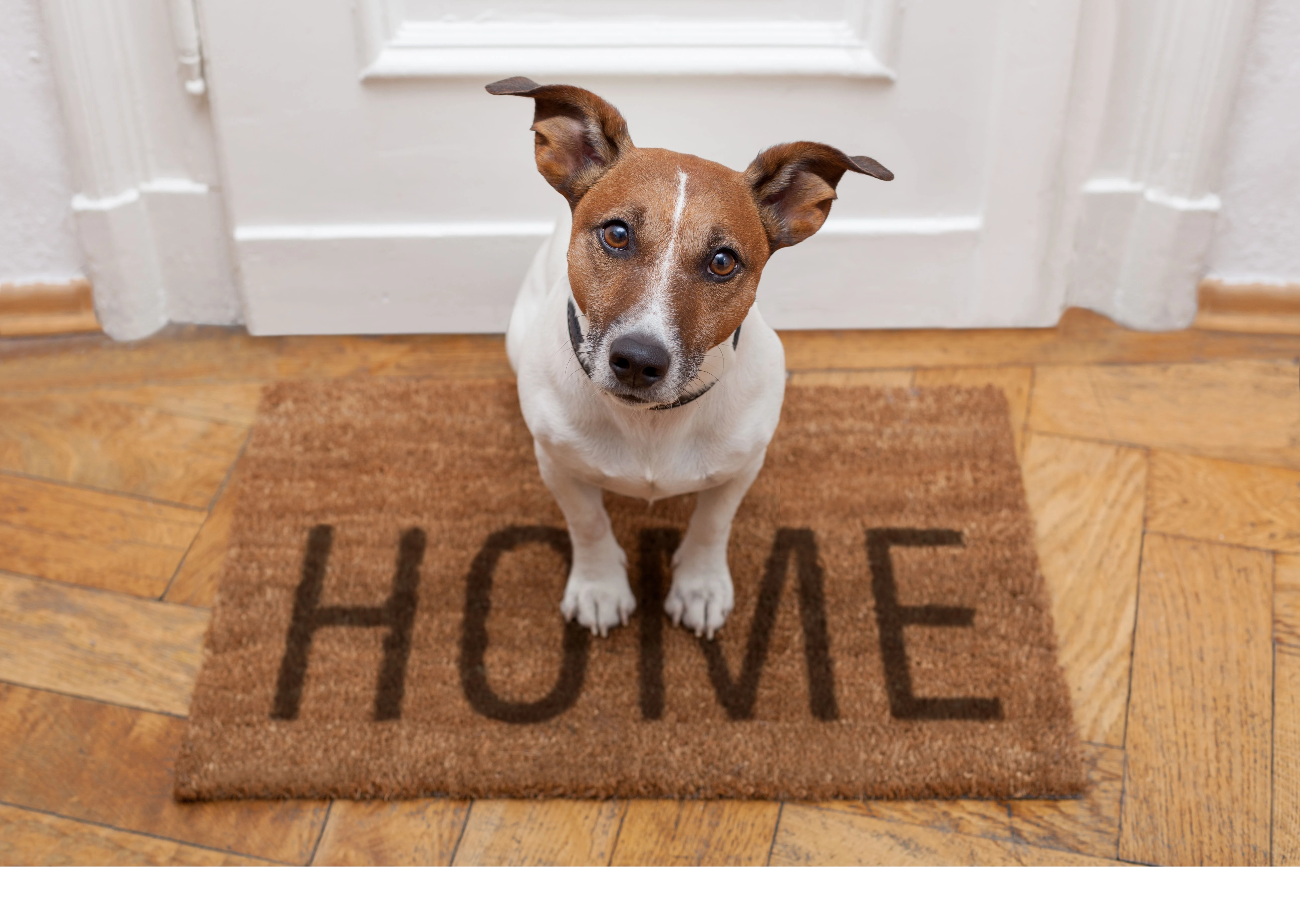
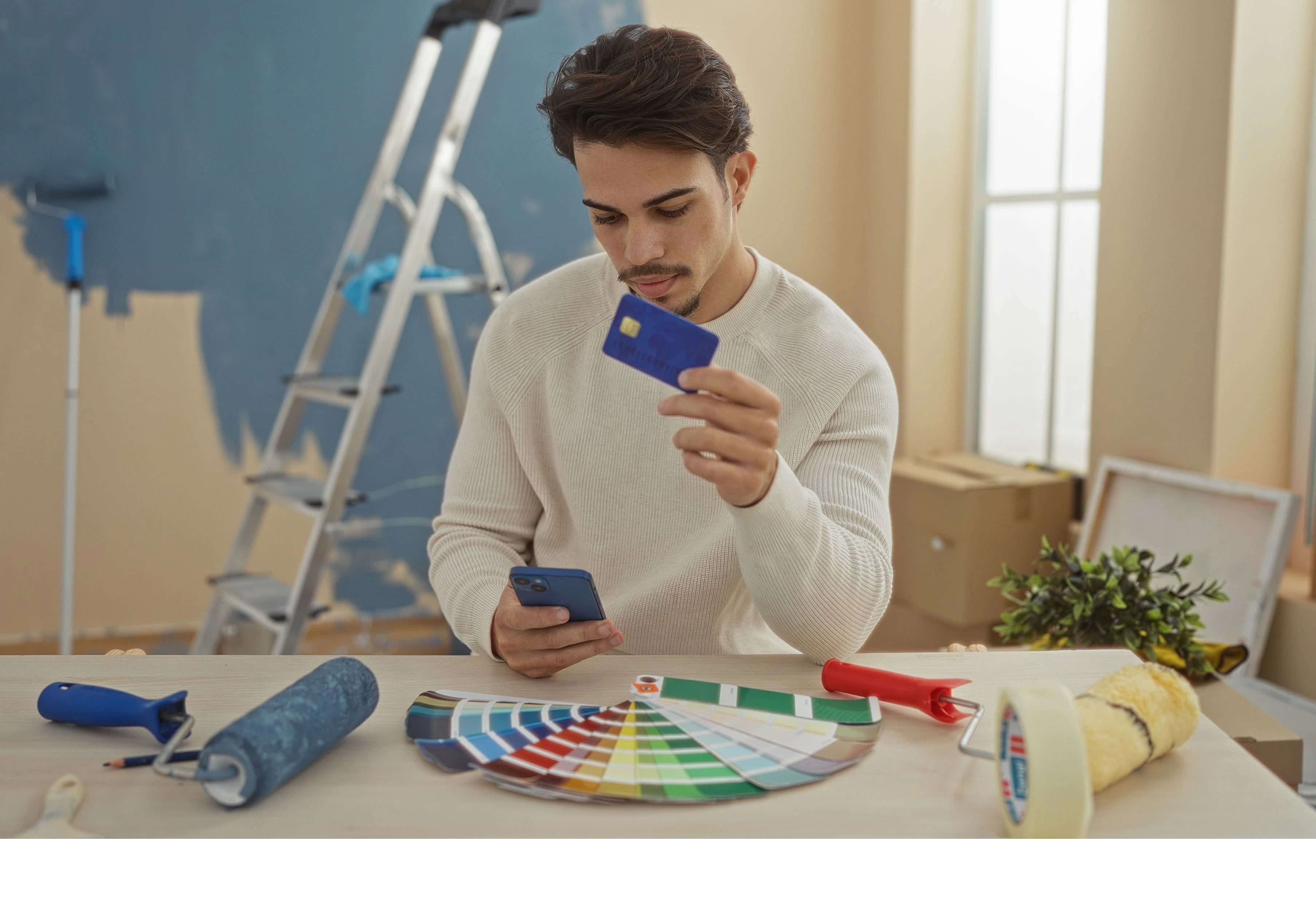
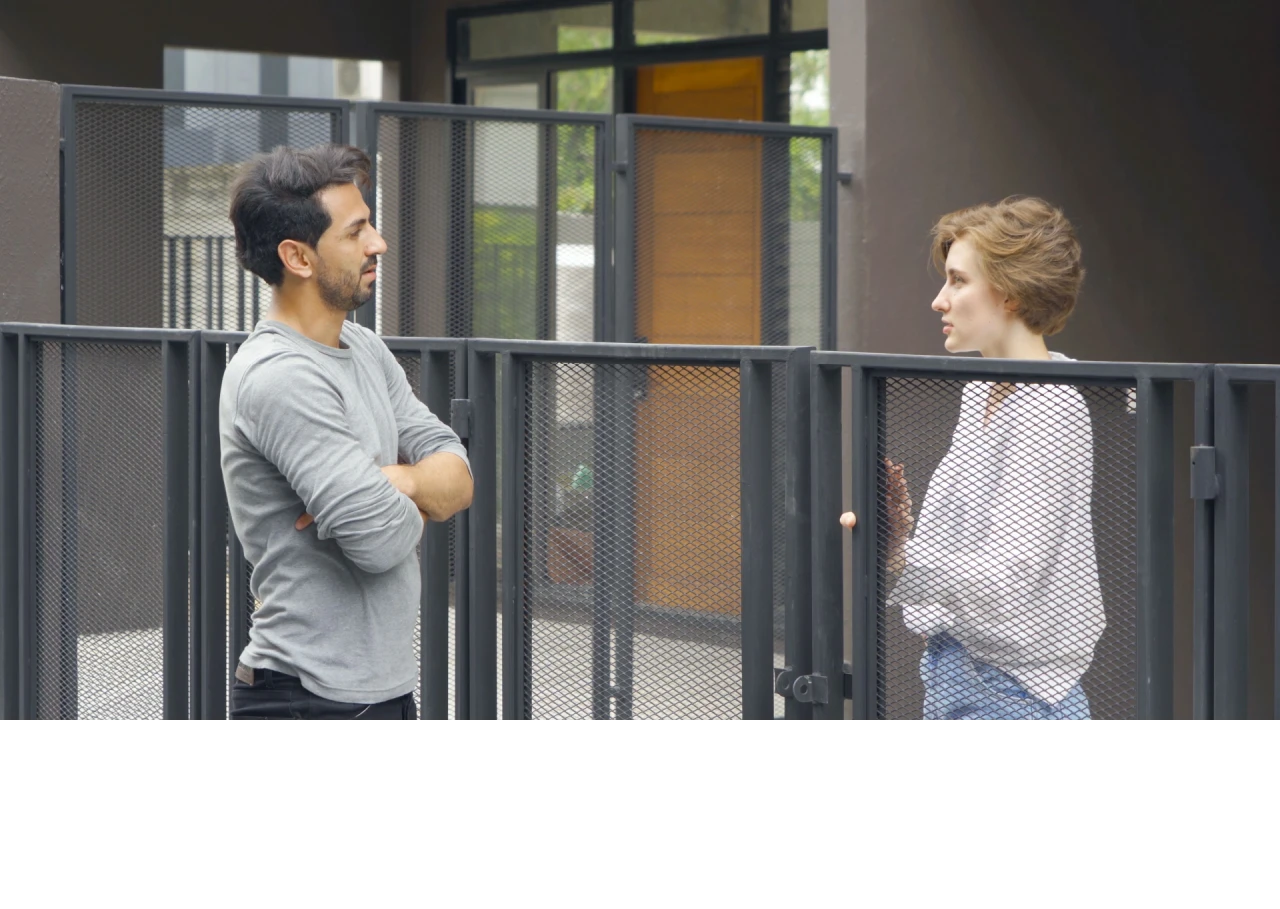
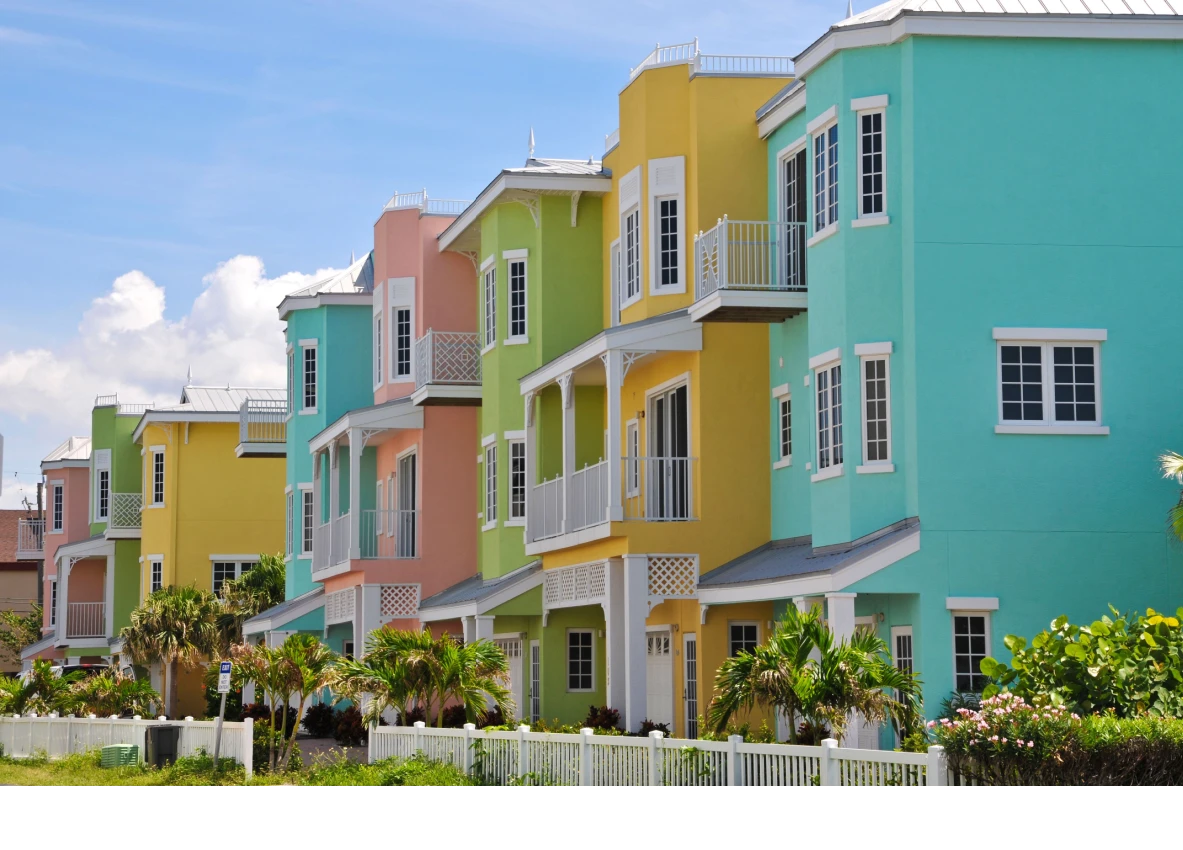

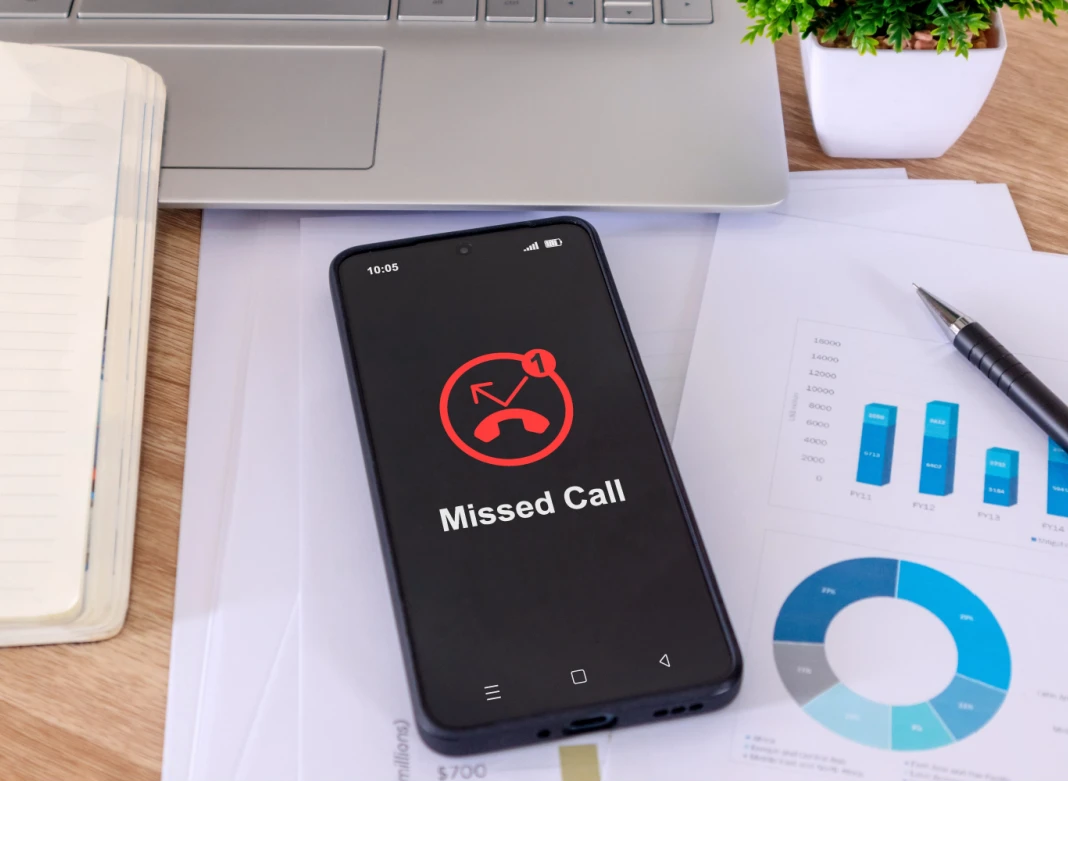
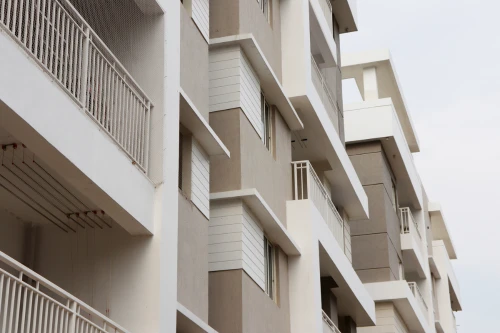
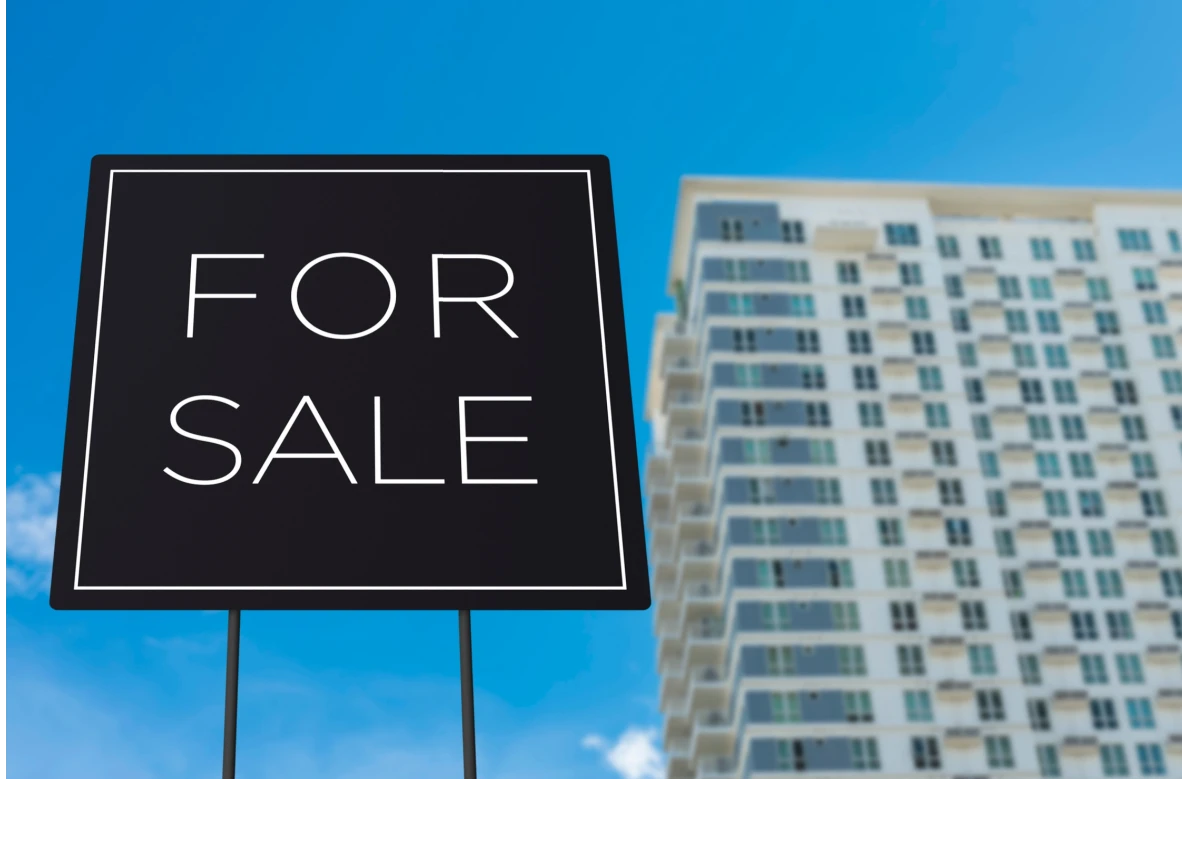






 Accessibility
Accessibility